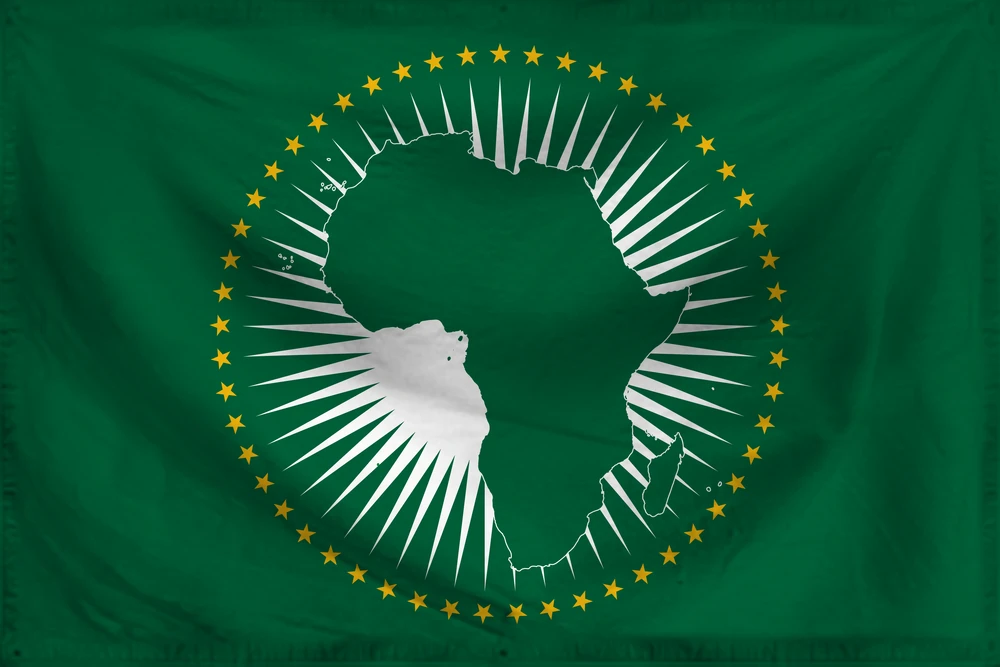
In a bid to foster economic integration and cooperation among African nations, the African Union (AU) continues to spearhead initiatives aimed at bolstering trade and investment within the continent. At the forefront of these endeavors is the African Continental Free Trade Area (AfCFTA), a landmark agreement poised to reshape Africa’s economic landscape.
The AfCFTA, which came into effect on January 1, 2021, aims to create a single market for goods and services across Africa, covering a combined population of over 1.3 billion people and a GDP exceeding $3.4 trillion. By eliminating tariffs and other trade barriers, the agreement seeks to stimulate intra-African trade, promote industrialization, and ultimately enhance economic growth and development across the continent.
Under the auspices of the AU, member states have been actively working towards the implementation of the AfCFTA, demonstrating a commitment to harnessing Africa’s vast economic potential. Key milestones include the establishment of operational structures, such as the AfCFTA Secretariat in Accra, Ghana, tasked with overseeing the agreement’s implementation and facilitating trade negotiations among member states.
Moreover, the AU has been instrumental in fostering dialogue and collaboration among African governments, businesses, and other stakeholders to ensure the successful implementation of the AfCFTA. Through initiatives such as capacity-building programs, technical assistance, and policy advocacy, the AU seeks to address challenges and create an enabling environment for intra-African trade and investment.
The AfCFTA holds immense promise for Africa’s economic transformation, offering opportunities for businesses to expand their market reach, diversify exports, and create jobs. By promoting regional integration and leveraging the continent’s collective strengths, the agreement is poised to unleash Africa’s economic potential and position the continent as a global powerhouse.
However, challenges remain, including infrastructure deficits, regulatory barriers, and logistical constraints that hinder the smooth flow of goods and services across borders. Addressing these hurdles will require sustained efforts from governments, regional bodies, and the private sector to ensure the AfCFTA’s success and maximize its benefits for all Africans.
As Africa commemorates the strides made towards economic integration, the AU remains committed to advancing the AfCFTA agenda and driving inclusive growth and prosperity across the continent. With collective determination and cooperation, Africa is poised to unlock new opportunities, unleash its economic potential, and chart a path towards a brighter future for its people.
